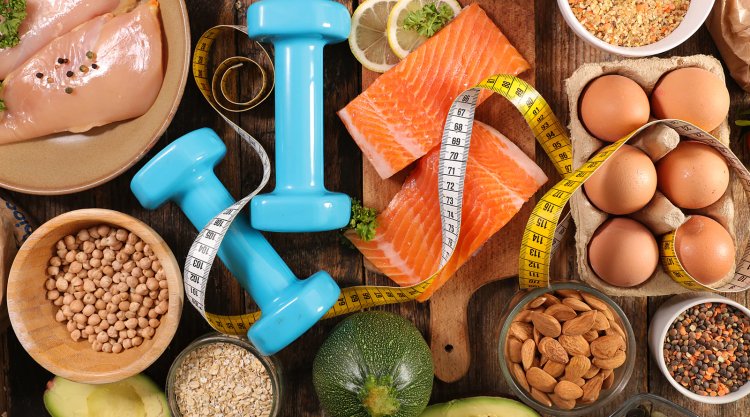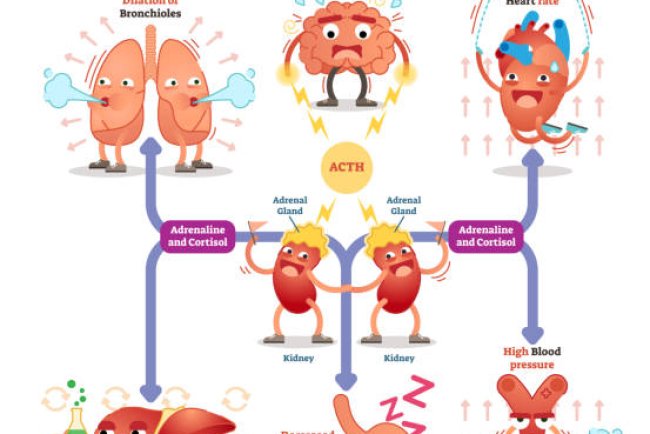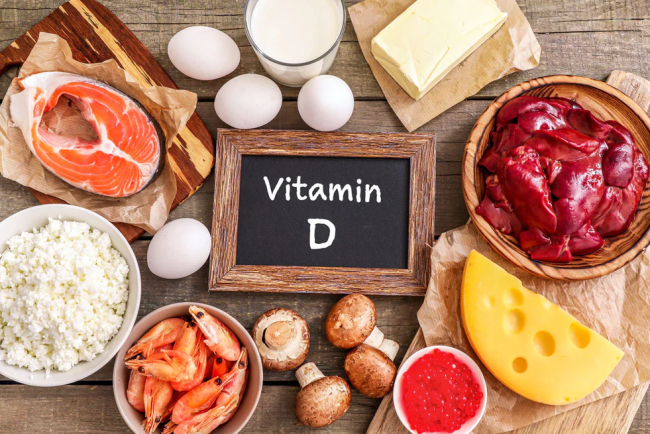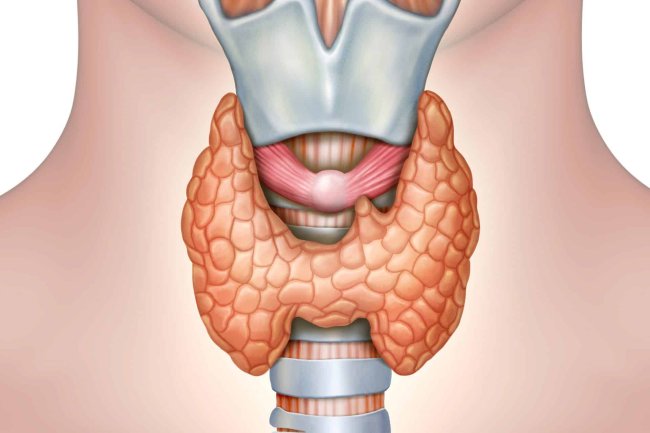Protein
Proteins are essential macronutrients that play a crucial role in the human diet. They are made up of amino acids, which are the building blocks of life and are necessary for various bodily functions. Proteins are essential for the growth, repair, and maintenance of tissues, and they also have many other functions in the body.

Protein is a crucial macronutrient that plays a fundamental role in the human body.
Here are some of the key reasons why protein is important to the body:
-
Tissue Building and Repair: Protein is the primary building block of tissues, including muscles, bones, skin, hair, and organs. When you consume protein, your body uses it to repair and regenerate damaged or worn-out tissues. This is especially important for athletes, individuals recovering from injuries, and anyone looking to build and maintain lean muscle mass.
-
Enzyme Function: Enzymes are biological molecules that catalyze (speed up) chemical reactions in the body. Many enzymes are proteins, and they are involved in various metabolic processes, such as digestion, energy production, and detoxification.
-
Immune Function: Antibodies, which are critical components of the immune system, are proteins. They help defend the body against infections and diseases by recognizing and neutralizing harmful pathogens.
-
Hormone Regulation: Certain hormones, like insulin, growth hormone, and thyroid hormones, are proteins. These hormones play a vital role in regulating various physiological processes, including metabolism, growth, and reproductive functions.
-
Transportation of Nutrients: Protein is necessary for the transport of important molecules, such as oxygen (hemoglobin) and lipids (lipoproteins) in the bloodstream.
-
pH Balance and Buffering: Proteins can act as buffers to help maintain the body's pH balance, ensuring that the blood remains within a narrow, healthy pH range.
-
Energy Source: While carbohydrates and fats are the body's primary sources of energy, when necessary, protein can be used as an energy source. However, it is not the body's preferred source of energy, and using protein for energy is generally less efficient than using carbohydrates or fats.
-
Satiety and Weight Management: Protein is known to promote feelings of fullness and satiety, which can help control appetite and assist in weight management by reducing overeating.
-
Hair, Skin, and Nail Health: The structural proteins in your body, such as collagen and keratin, contribute to the health and appearance of your hair, skin, and nails.
-
Maintenance of Fluid Balance: Certain proteins help maintain the balance of fluids within and between cells, which is crucial for overall health.
It's important to consume an adequate amount of protein in your diet to meet these various physiological needs.
some common sources of protein-rich foods:
-
Meat:
- Beef
- Chicken
- Pork
- Lamb
- Turkey
-
Seafood:
- Fish (e.g., salmon, tuna, cod)
- Shellfish (e.g., shrimp, crab, mussels)
-
Poultry:
- Chicken
- Turkey
- Duck
-
Eggs: Eggs are a complete protein source, containing all the essential amino acids.
-
Dairy Products:
- Milk
- Yogurt
- Cheese
- Cottage cheese
-
Plant-Based Protein:
- Legumes (e.g., lentils, chickpeas, black beans)
- Tofu and tempeh
- Nuts and seeds (e.g., almonds, peanuts, chia seeds)
- Quinoa
- Seitan (wheat gluten)
- Edamame (young soybeans)
-
Grains:
- Some grains, such as wheat and rice, also contain moderate amounts of protein, though they are not as protein-rich as the sources mentioned above.
-
Processed Protein Products:
- Protein bars and shakes
It's important to consume a variety of protein sources to ensure you get a wide range of amino acids and other nutrients.
Plant-based sources may be incomplete on their own, but you can combine different plant-based foods (e.g., rice and beans) to create complete protein profiles.
Daily intake of protein varies from person to person based on factors like age, gender, activity level, and overall health.
It's generally recommended that protein should make up a portion of your daily caloric intake, with the Dietary Reference Intake (DRI) suggesting that around 10-35% of your daily calories come from protein.
What's Your Reaction?















